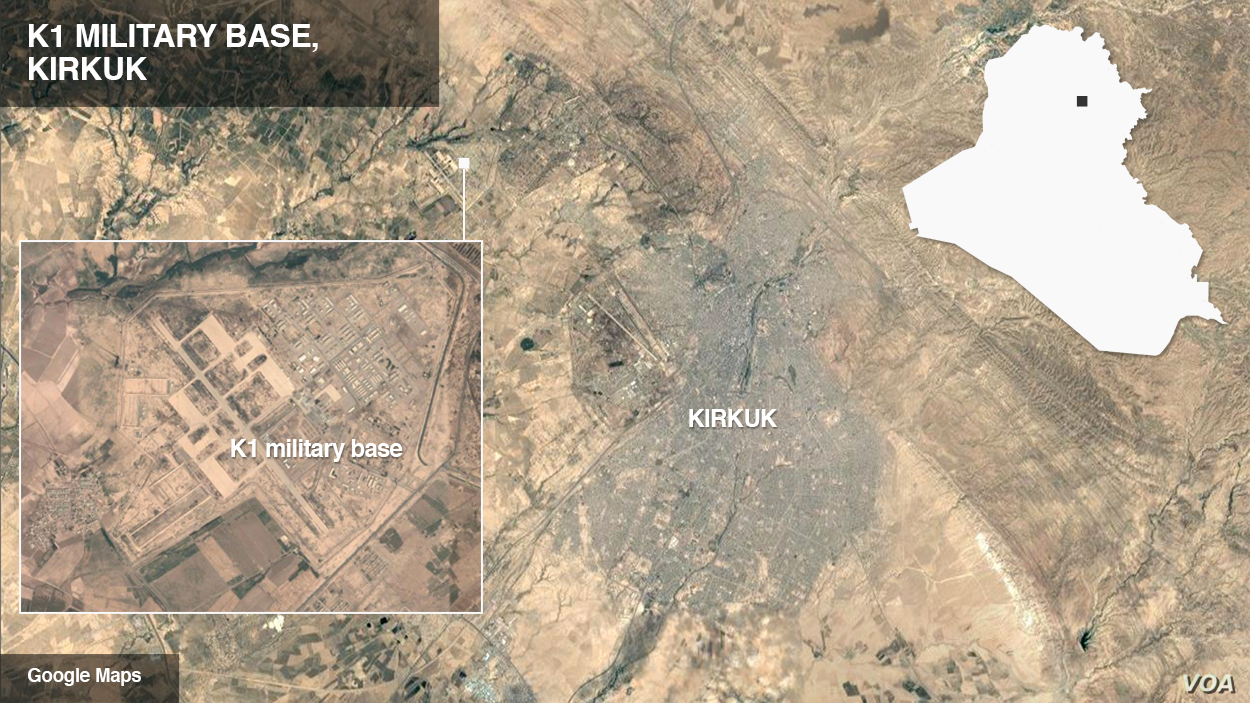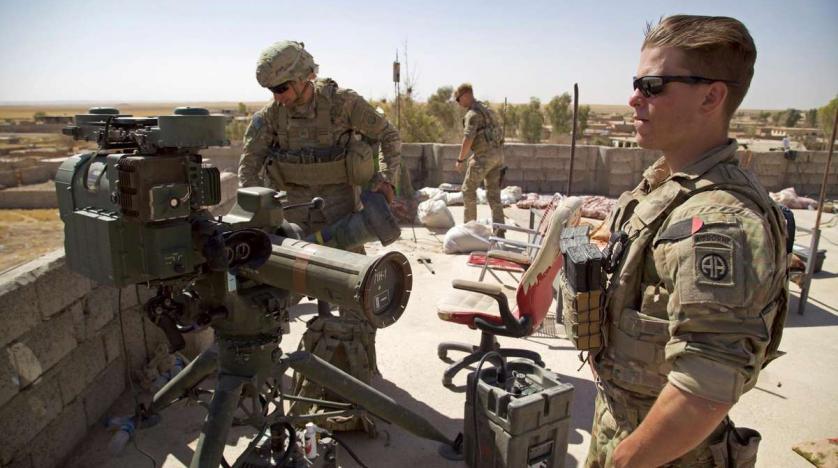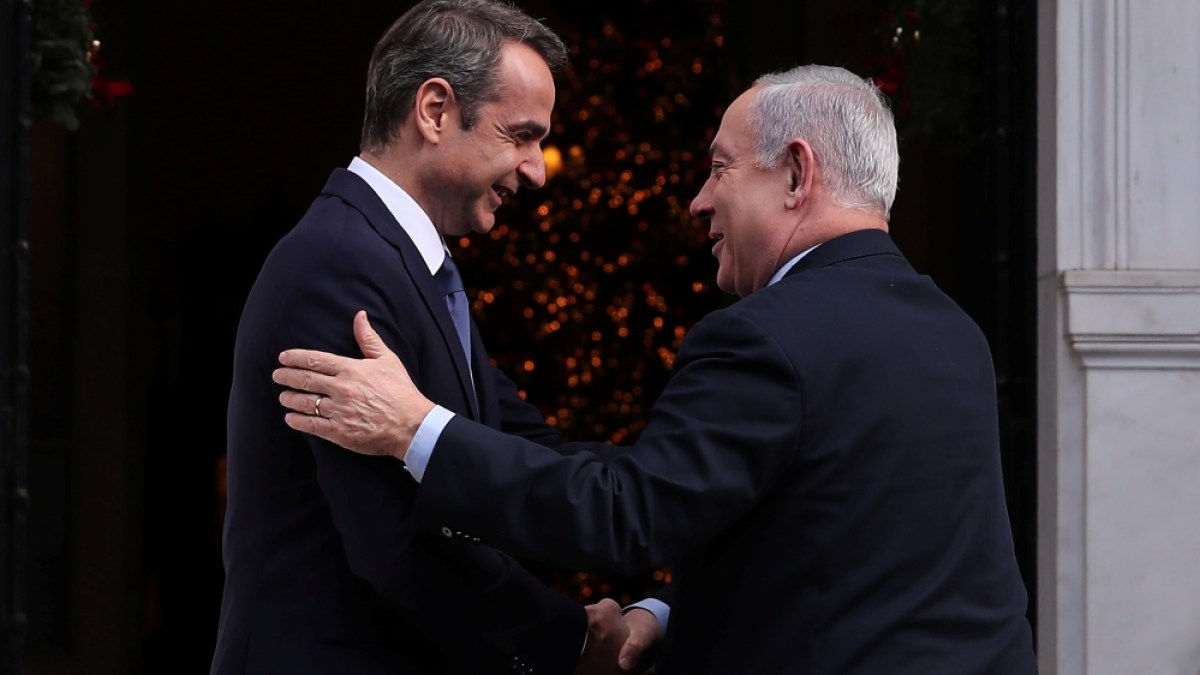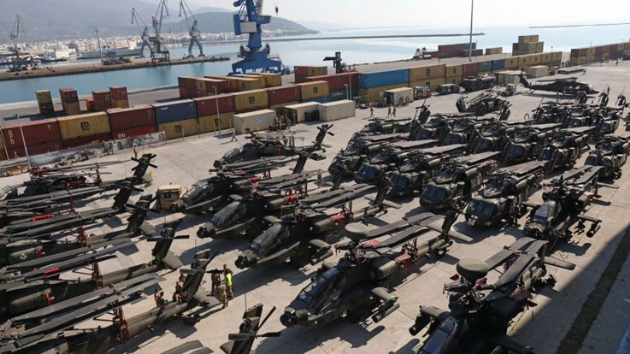 PolicyWatch 3260
PolicyWatch 3260Turkey’s Options for Pressuring Russia in Idlib Are Limited
Soner Cagaptay
Also available in العربية
February 11, 2020
Weighty domestic concerns and geopolitical fears will likely keep Erdogan from pushing too hard against the current Russian-Syrian campaign, but the parties may yet broker a temporary deal to carve the province in half.
Besides sending hundreds of thousands of refugees fleeing to the Turkish border, the ongoing military campaign against rebels and civilians in Idlib is undermining agreements reached between Presidents Vladimir Putin and Recep Tayyip Erdogan. Previously, they had envisioned the Turkish military and the Syrian rebel factions it backs coexisting in the province with Russian and Syrian forces. Yet Putin and Bashar al-Assad’s renewed military push has raised doubts about whether Erdogan can prevent them from seizing most or all of the territory. On February 4, the Turkish leader warned that “he would not allow Syrian forces to advance,” but his options for following through on this ultimatum are limited by a host of strategic and political factors.
ERDOGAN NEEDS TO GET ALONG WITH PUTIN
Although Erdogan is the most powerful politician in Turkey’s modern electoral history, the failed 2016 coup left him feeling vulnerable. Putin has played on these fears as part of his broader effort to cast himself as the protector of threatened leaders worldwide, from Assad to Venezuelan president Nicolas Maduro. Shortly after the coup attempt, he reached out to Erdogan before any of Turkey’s traditional Western allies did, then continued to offer support in various sectors even as the post-coup crackdown made Erdogan broadly unwelcome in European capitals.
Historically, Russia is Turkey’s top geopolitical nemesis, but Putin has deliberately backed down from that posture in his eagerness to drive a wedge in the NATO alliance. As part of this shift (however temporary it may be), he and Erdogan have fostered detente, cut deals on security matters (e.g., Turkey’s purchase of Russian S-400 missile defense systems), and deconflicted their regional military efforts, first in Syria and later in Libya.
At the same time, Turkey’s long history of being bullied by Russia makes Erdogan hesitant to cross Putin. Among all its neighbors, there is only one that Ankara truly fears: Russia. Between the fifteenth and twentieth centuries, the two peoples fought nearly twenty wars, all of them instigated and ultimately won by the Russians.
Turkey’s leaders are therefore keen to avoid escalating the current crisis in Idlib. Although Turkish forces have pushed back against local Syrian and proxy forces to a certain degree, Ankara will shy away from a broader military confrontation with Russia over Idlib.
ANKARA NEEDS MOSCOW IN LIBYA
Prior to last year, the festering conflict between Libya’s internationally recognized government in Tripoli and the eastern-based forces of Gen. Khalifa Haftar had largely settled into a stalemate. This stasis, however fragile, was more or less acceptable to Turkey so long as the Tripoli government (which it supports) was not seriously threatened by Haftar (who has the backing of Erdogan’s regional adversaries, the United Arab Emirates and Egypt).
Yet as the year wore on and fighting broke out again in earnest, Russia changed the game by enhancing its own military support for Haftar. By providing him with critical materiel (e.g., nighttime warfare capability), additional well-trained mercenaries (i.e., “Wagner’s Army”), and the know-how to shoot down the Tripoli government’s Turkish-provided drones, Putin turned Haftar into a mortal threat against Ankara’s local allies. This forced Erdogan to deploy his own forces to Libya, and to seek Russia’s help in securing a ceasefire that could prevent Haftar from seizing Tripoli.
Although Putin failed to broker a conclusive ceasefire at a January summit in Moscow, he has decreased his most potent support to Haftar—for now. This gives him an opportunity to link his Syria policy with his Libya policy when dealing with Turkey. If Erdogan pushes back any harder in Idlib, Putin would likely renew his full-fledged support to Haftar, putting Tripoli within the general’s grasp.
That scenario is unacceptable to Ankara, not only because it would humiliate Erdogan regionally, but also because it would lead to Turkey’s encirclement in the East Mediterranean by adversaries old (Greece and Cyprus) and new (Egypt and Israel). Over the past few years, these four countries have launched various natural gas and security initiatives with each other, which Ankara believes will blossom into active strategic cooperation against Turkey. This fear played a major role in Erdogan’s November decision to sign a maritime boundary agreement with Libya, drawing a line that might allow him to cut into the emerging Cypriot-Egyptian-Greek-Israeli bloc while countering Egypt-Emirati pressure on Tripoli. But upsetting Putin in Syria could upend that strategy.
ERDOGAN NEEDS TO ACT ON REFUGEES
Turkey already hosts nearly 4 million Syrian refugees, and if Idlib province falls, the resulting mass displacements could overwhelm Ankara’s resources and cause further domestic backlash. Turkey’s political environment remains highly polarized between pro- and anti-Erdogan blocs, but resentment toward Syrian refugees is the rare issue on which popular opinion is united. After welcoming millions of fleeing Syrians and hosting them for nearly a decade, most Turks now seem to believe that their presence is impeding government efforts to address economic recession and other challenges. According to a recent Kadir Has University poll, nearly 70 percent of Turkish respondents are “unhappy” with the refugee presence.
Hence, if Russia and Assad continue their campaign to empty out Idlib, Turkey will not agree to absorb all of the resultant refugee flows on its own. Instead, Erdogan will likely try to steer the refugees toward Europe, either indirectly through third countries or by opening Turkey’s doors and allowing them to cross into Greece.
ERDOGAN DOES HAVE SOME LEVERAGE
Putin’s goal is to end the war in Syria on terms favorable to him and Assad, ultimately reaching a political settlement through the so-called Astana Process. Turkey’s participation in that process is key if the outcome is to have any sort of international legitimacy. Without Ankara’s imprimatur, the Astana Process would become a “Friends of Assad” club in the eyes of the world, since its only other current participants are Russia and Iran.
Putin also knows that turning the screws too hard in Idlib might push Erdogan back into Washington’s arms, thereby repeating Joseph Stalin’s misstep of 1945-6, when Soviet demands for Turkish territory spurred the country to join NATO and become a close U.S. ally. The Kremlin seems to realize that its long-term strategic interests may be better served by offering Erdogan a new deal in Idlib, even if it plans to renege on that deal later on. Putin may even allow Turkey to conduct symbolically powerful strikes on Assad regime targets.
In order to maintain balance, however, Moscow will not allow Erdogan to push Assad’s forces out of Idlib entirely. And given the asymmetrical nature of Turkey’s relationship with Russia and the real threat Moscow poses to Turkish interests in Libya, Erdogan will have to take an Idlib deal if Putin offers one.
This potential deal would likely stem from Assad’s core interests. His Alawite-led regime still wants to retake as much territory as possible, but with as few Sunni Arab residents as possible, since the 2011 uprising was born out of that constituency. This suggests that once Assad secures the strategic M4 and M5 highways running through east and south Idlib, he may acquiesce—at least temporarily—to letting Erdogan control the province’s western and northern sections abutting Turkey. Such an arrangement would press most of Idlib’s population (including around 2-3 million civilians) into an area around 1,000 square miles in size. But creating that humanitarian tinderbox may be a price they are willing to pay in order to kick the Idlib can further down the road.
Soner Cagaptay is the Beyer Family Fellow at The Washington Institute and author of Erdogan’s Empire: Turkey and the Politics of the Middle East.




 Interestingly, amid a general breakdown in trust between Baghdad and Washington, a top Iraqi general has said the US side hasn’t even shared its claimed evidence that Khataib Hezbollah
Interestingly, amid a general breakdown in trust between Baghdad and Washington, a top Iraqi general has said the US side hasn’t even shared its claimed evidence that Khataib Hezbollah  US forces in Iraq, via the AP.As Northeastern University counter-terrorism expert Max Abrahms
US forces in Iraq, via the AP.As Northeastern University counter-terrorism expert Max Abrahms 
 Tripoli, Libya in 2014
Tripoli, Libya in 2014 Sign in support of General Haftar in Martyr’s Square, 2014
Sign in support of General Haftar in Martyr’s Square, 2014 Tripoli, Libya in 2014
Tripoli, Libya in 2014 A Turkish-made JMK Bora-12 that allegedly arrived in Tripoli with a shipment of weapons from Turkey last week
A Turkish-made JMK Bora-12 that allegedly arrived in Tripoli with a shipment of weapons from Turkey last week







Leave a comment: